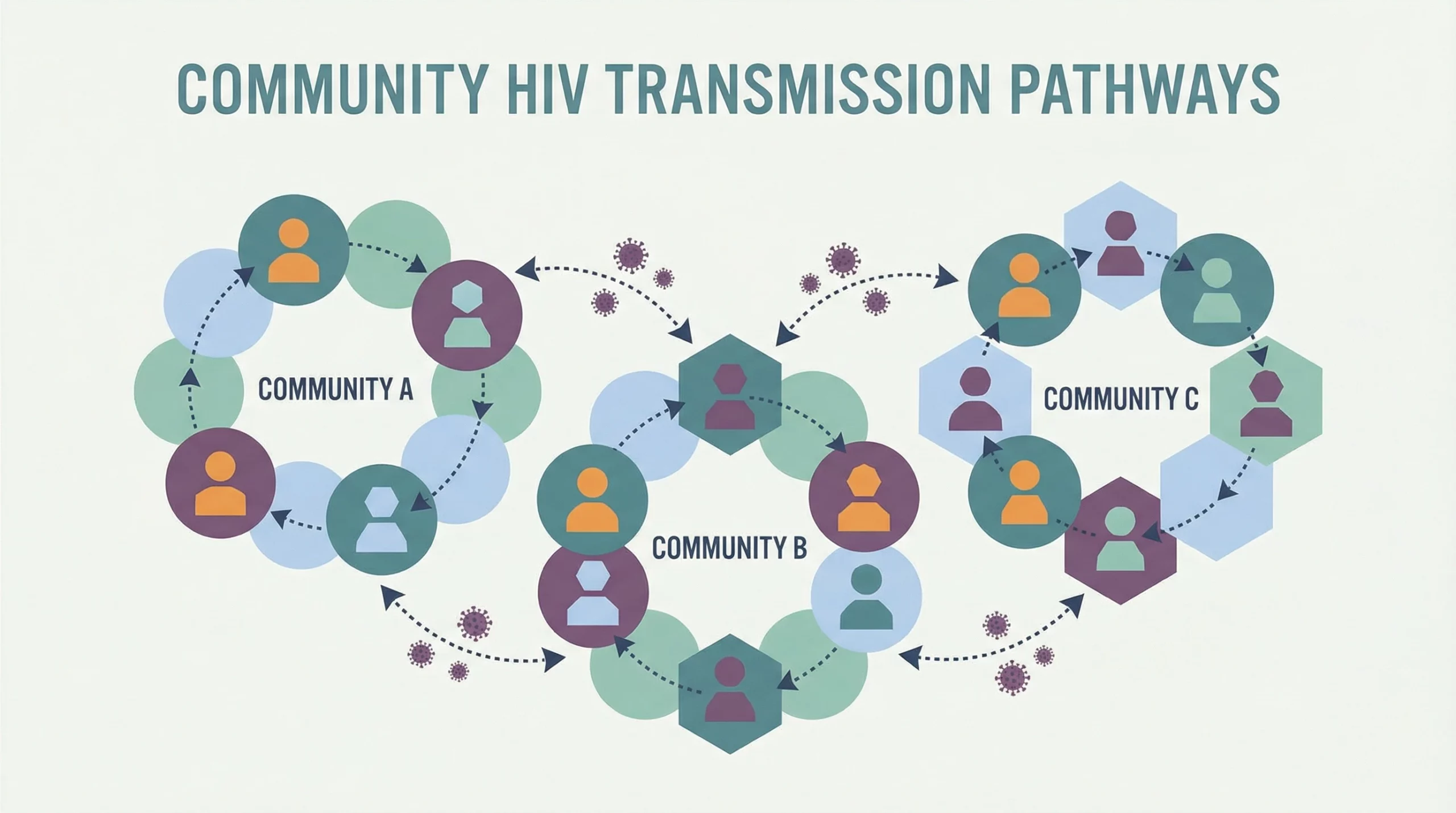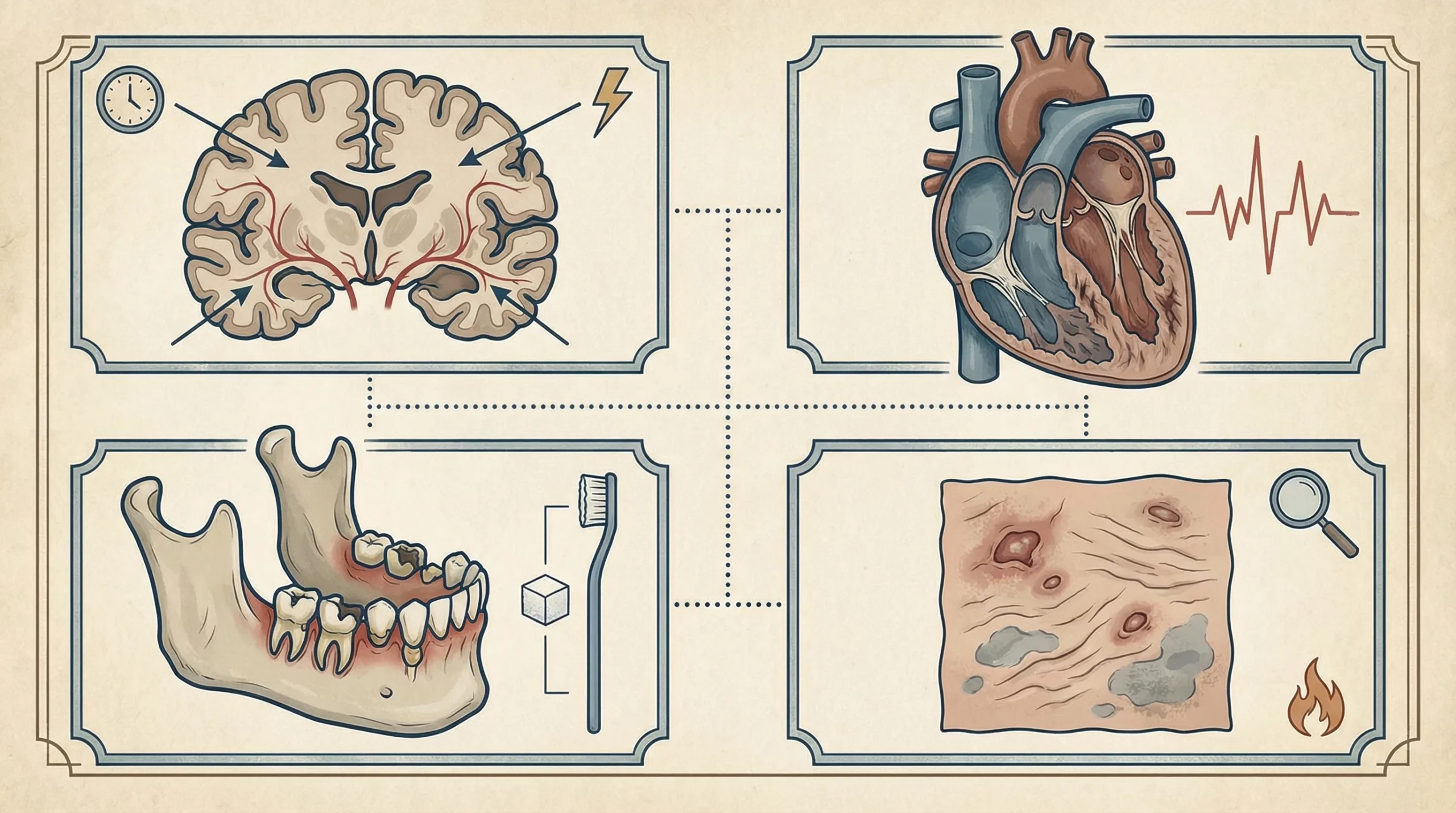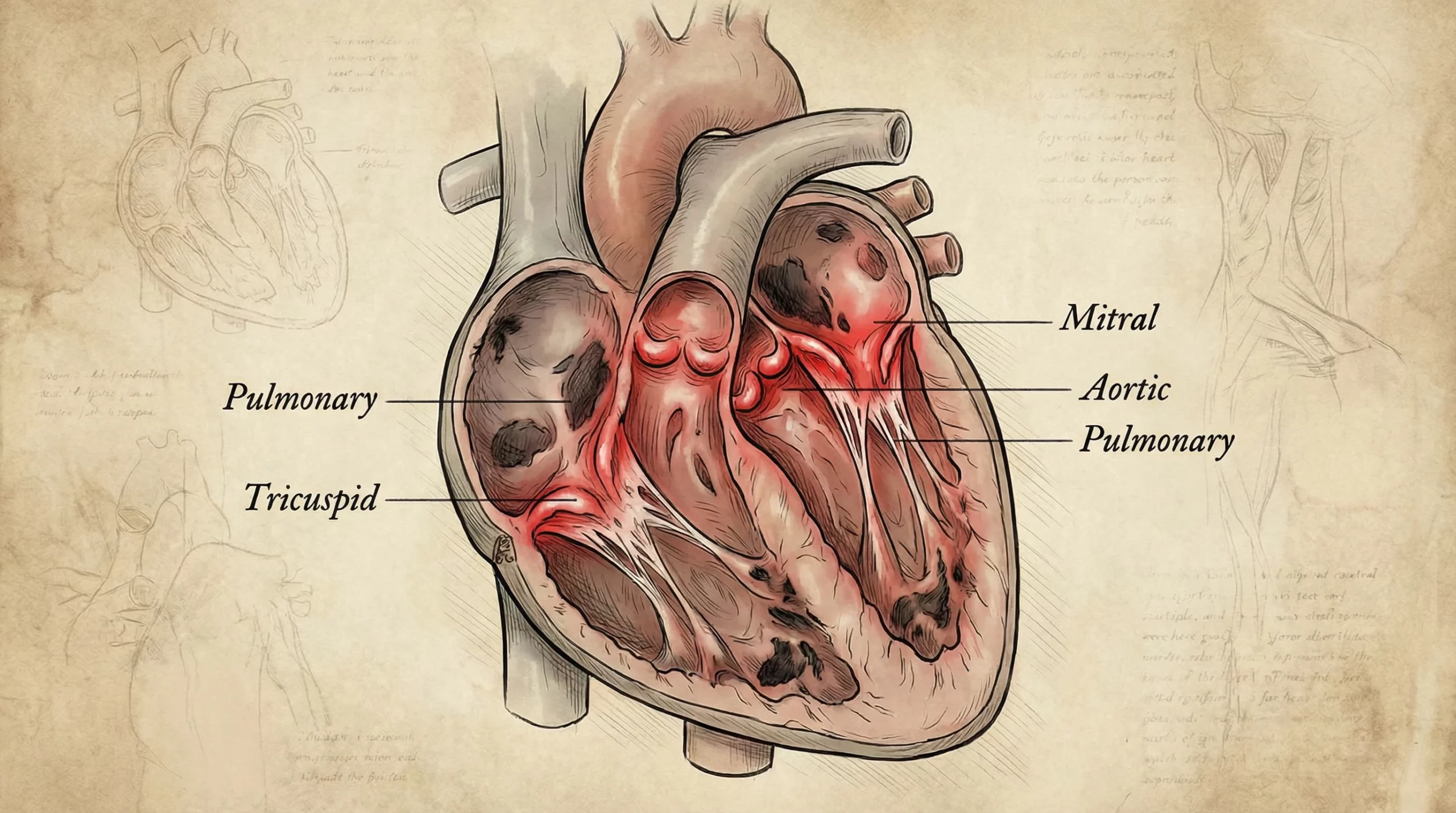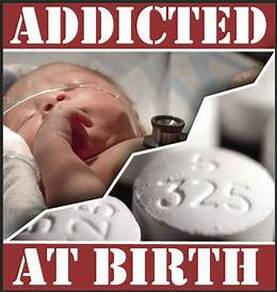How Drug Use Spreads HIV
HIV transmission can seem like a distant issue if it hasn’t touched you or your community directly. Still, the way it spreads from drug use to the broader population is a public health topic that actually affects many people. The process isn’t always as straightforward as people think. Understanding the steps involved can help with … Read more









